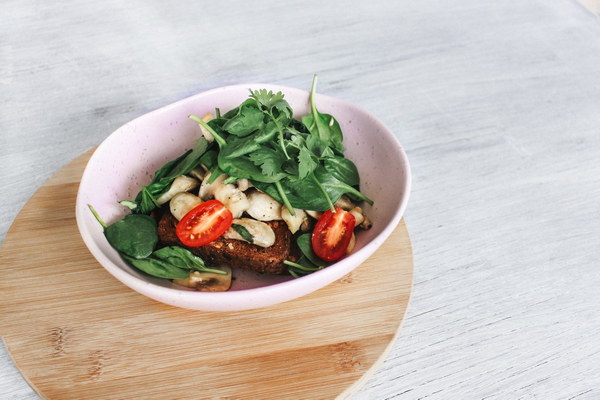Pain-Free Living Effective Tips for Joint Pain Relief and Body Care
Joint pain can be a significant hindrance to an active and fulfilling life. Whether caused by arthritis, overuse, or other underlying conditions, managing joint pain is crucial for maintaining your quality of life. In this article, we will explore effective tips for joint pain relief and body care to help you live pain-free.
1. Maintain a healthy weight
Excess weight puts additional stress on your joints, especially your knees and hips. Losing weight can reduce the pressure on your joints and alleviate pain. Aim for a balanced diet rich in fruits, vegetables, lean proteins, and whole grains, and incorporate regular exercise into your routine to achieve and maintain a healthy weight.
2. Stay active
Contrary to popular belief, rest is not always the best solution for joint pain. Engaging in low-impact exercises, such as swimming, walking, or cycling, can help improve joint flexibility and reduce pain. Aim for at least 150 minutes of moderate aerobic exercise per week, along with muscle-strengthening activities on two or more days a week.
3. Heat and cold therapy
Applying heat or cold to your affected joints can help alleviate pain and reduce inflammation. Heat therapy can increase blood flow and relax your muscles, while cold therapy can numb the area and reduce swelling. Use a warm compress or a heating pad for heat therapy, and apply an ice pack or a bag of frozen peas for cold therapy.
4. Use pain relief medications
Over-the-counter pain relievers, such as acetaminophen, ibuprofen, or naproxen, can help manage joint pain. Consult your healthcare provider before starting any new medication, especially if you have underlying health conditions or are taking other medications.
5. Practice good posture
Poor posture can put unnecessary stress on your joints, exacerbating pain. Pay attention to your posture while sitting, standing, and sleeping. Use ergonomic chairs and desks, and consider a lumbar support pillow to maintain proper posture.
6. Consider physical therapy
Physical therapy can help improve your joint function and reduce pain through targeted exercises, stretches, and techniques. A physical therapist can also provide guidance on how to modify your daily activities to minimize joint strain.
7. Get adequate sleep
Poor sleep can exacerbate joint pain, so it's essential to get enough rest. Create a comfortable sleep environment, establish a regular sleep schedule, and practice good sleep hygiene, such as avoiding screens before bed and avoiding caffeine and heavy meals in the evening.
8. Manage stress
Stress can worsen joint pain, so it's essential to find ways to manage it. Practice stress-reducing techniques, such as meditation, deep breathing exercises, or yoga. Engaging in hobbies and spending time with loved ones can also help alleviate stress.

9. Use assistive devices
If you have difficulty with certain tasks due to joint pain, consider using assistive devices, such as a cane, a walker, or a knee brace. These devices can help distribute pressure more evenly and reduce pain.
10. Seek professional advice
If your joint pain persists or worsens, consult your healthcare provider. They can help diagnose the underlying cause of your pain and recommend appropriate treatments, such as medications, injections, or surgery.
In conclusion, managing joint pain involves a combination of lifestyle changes, exercise, and medical treatments. By incorporating these tips into your daily routine, you can reduce pain and improve your overall quality of life. Remember to consult your healthcare provider for personalized advice and treatment options. Pain-free living is within reach with the right approach to joint pain relief and body care.









